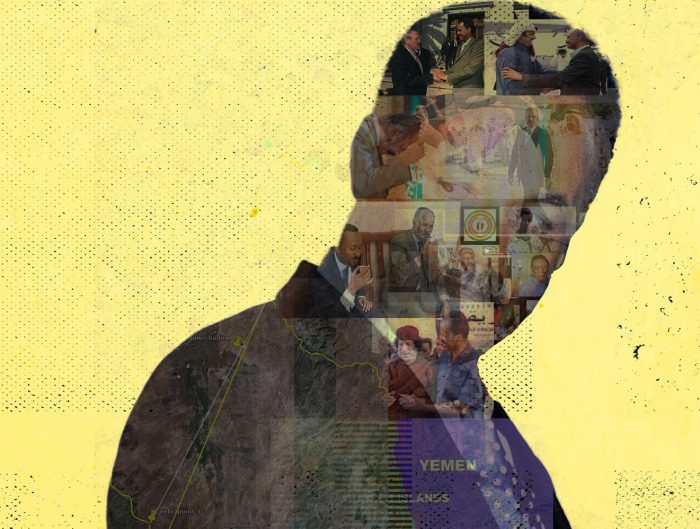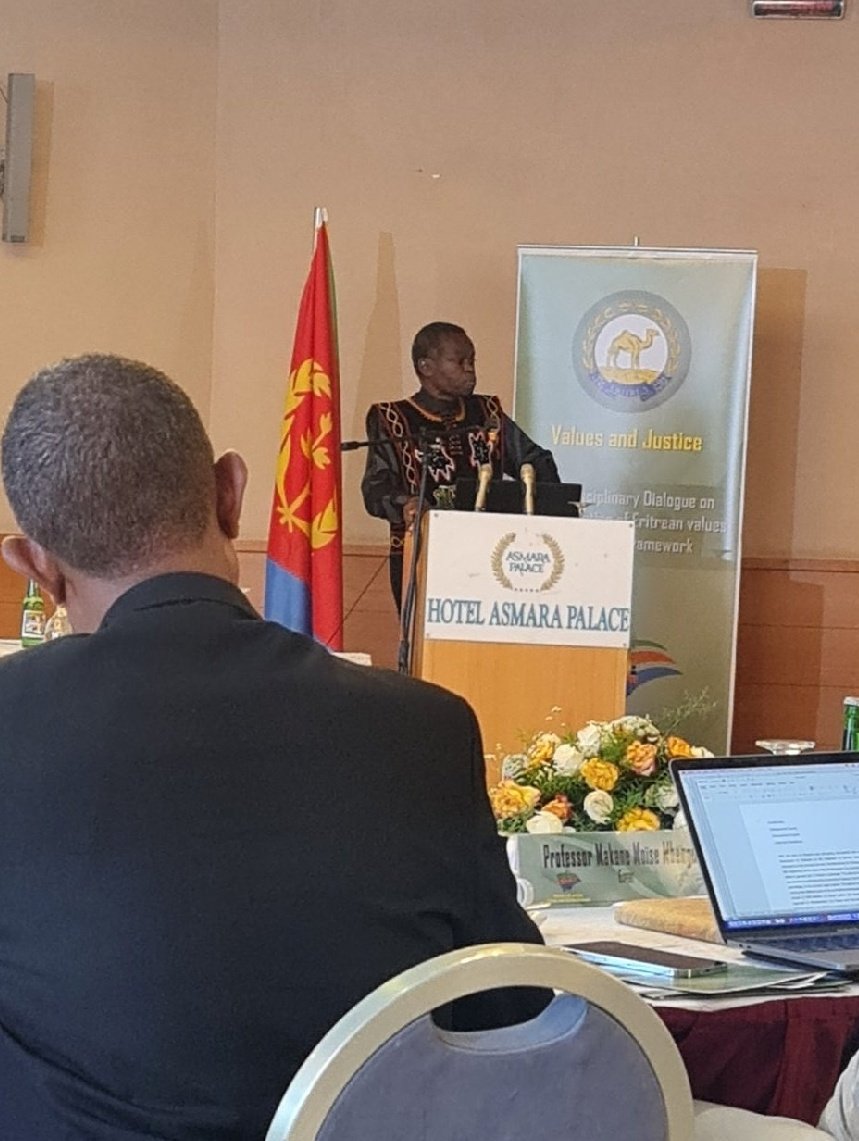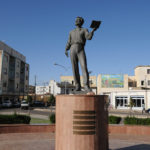The author, an Ethiopian, is a very good friend. Has been one for a dozen years. And by “friend” of course I mean social media friend, not the kind you call to help you carry furniture when you are moving. So, here’s his report about Eritrea which he compiled after going to the usual places.
Compared to its fellow East African cities, Asmara has a lot it should be proud of and brag about. It also has plenty that it’s lacking.
Let me start with its biggest asset. Its people.
Many applauded and talked over and over about the cleanliness and orderliness of the city and give the government the credit for achieving that. Heck, even some writers strongly recommended that neighboring countries do whatever the Eritrean government is doing to keep Asmara clean and orderly. I beg to differ. It’s not the government that kept the city clean and orderly. It’s the people.
Asmarinos are incredibly disciplined in taking care of Asmara. They don’t litter. They have made cleanliness part of their culture. They actually care about what the city they live in should look like. As a matter of fact, the government doesn’t appear to care as much as the residents do. If it had, it would have fixed lots of potholes even on the main streets of the city. It would have done something about so many debilitated historical buildings. It would have made an appropriate use of the old cinemas, some of which are designated as UNESCO heritage, now falling to disrepair and relegated to screening English premier soccer matches.
I found Asmarinos to be worldly. In certain ways, they are much more cosmopolitan than many of their counterparts in neighboring countries’ capital cities. They are very well informed of many things I never expected them to be. The way they carry themselves forces one to think what they would have become, if they were not chained by a cruel and unforgiving system. As young people these days would have said, they would be “off the chain”. A caring system would have unleashed these folks and created such a force to be reckoned with.
Looking at and conversing with young Eritreans, one would not know that they live in a city where there is no ATM. A city whose banking system is so 90s, and a city that still has a working public phone booth. They know everything there is to know about modern technologies, services and gadgets that their government did not allow them to have or at best, exposed to them with a drip drip. If only they were free to have an up to date banking system, a kind of internet service that at least matches the minimally decent or even really bad internet that some of their neighbors have, they would have been on top of everyone.
Asmarinos are polite, but they exude confidence. They are humble, but never display weakness. Even when it’s known the world over that things have not been dandy for them, they volunteer to show and inform their visitors the best that their country offers with genuine pride. If only their government understood that many countries in the neighborhood and beyond would have “killed” to have such “purposefully patriotic” citizens and stop making life difficult for them!
Almost all Asmarinos I have encountered are multilingual. Many of them, polyglot. It is not a big deal for an Asmarino to juggle Amharic, Arabic, English, some Italian, French in addition to a couple of local languages. When they speak to you in Amharic, they humbly would start by saying, “My Amharic is not that good.” Don’t be fooled. Most likely, it is really good. They just mean that “it is not perfect.” They make you feel at home with it. Can you imagine what they could have done with the tourism and commerce industry of their country if their government let them be what they can be?
What a pity. Coulda, shoulda, woulda.
In a couple of days, I will be back with more about Asmara, the city itself.





Leave A Reply